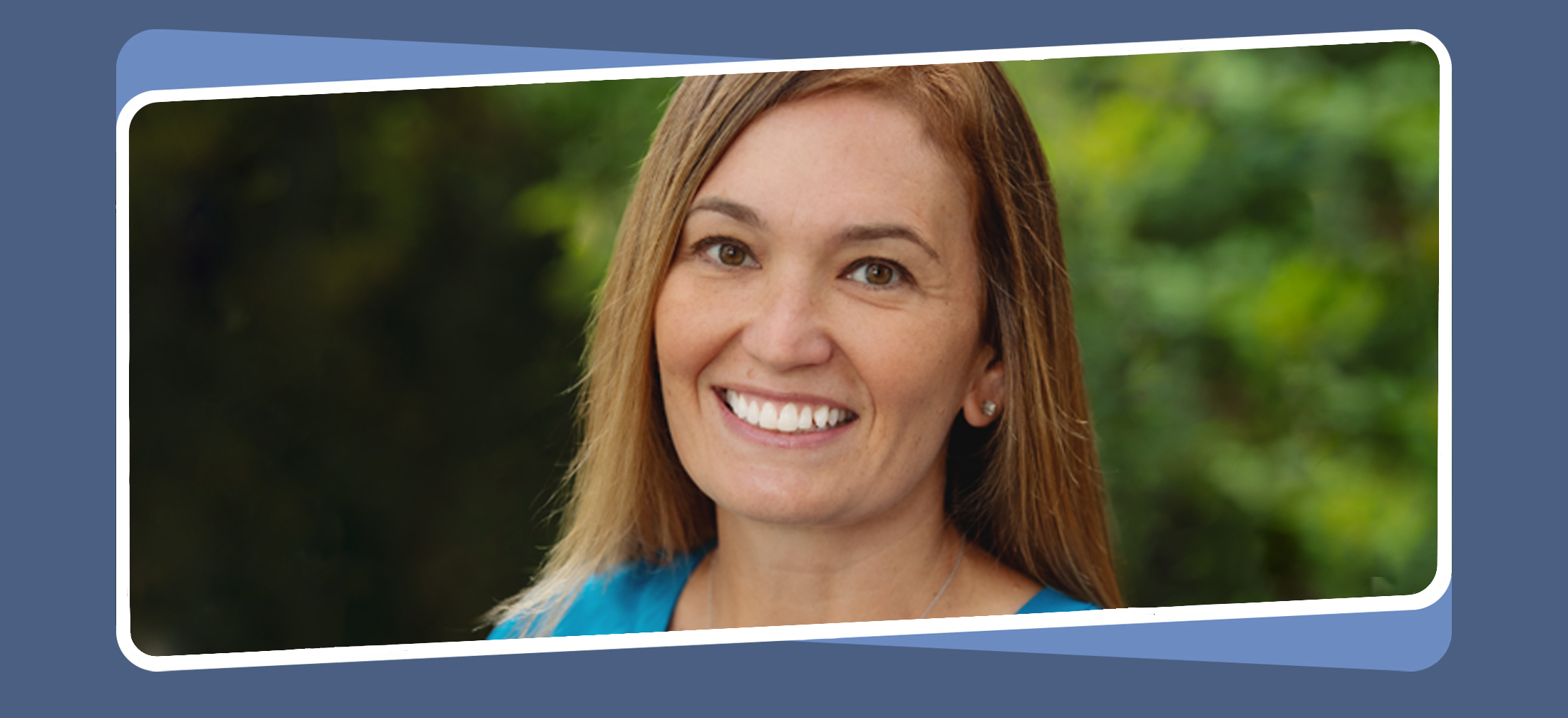
“You can listen like a blank wall or like a splendid auditorium where every sound comes back fuller and richer.” ―Alice Duer Miller, American poet
“The word ‘listen’ contains the same letters as the word ‘silent.’” ―Alfred Brendel, Austrian pianist
“Listening is about being present, not just about being quiet.” —Krista Tippett, journalist and author
Why is being a good listener difficult? Few would disagree that listening is an important skill. Yet, many people struggle to listen “like a splendid auditorium” or to be present or silent as they listen. The science of listening tells us that when we listen to understand, we are fighting our brain’s “biological need for efficiency, prediction, and planning.” Our tendency is to make assumptions about what the speaker means or needs and to start formulating a response to what the speaker said. Skilled listeners listen with an open mind and ask questions rather than make assumptions.
School improvement consultants must master the art of listening to better understand clients’ needs and determine how to be most helpful. Below are three ways consultants can improve their listening skills:
-
Listen for understanding.
Good listeners combine the physical act of hearing with our ears and seeing with our eyes, noticing body language, tone, and way of speaking, physical energy, and nonverbal interactions. This type of listening requires being mentally present, freeing yourself from distractions, and keeping an open mind. It’s consistent with the School Improvement Consulting Framework principle of “pay attention to everything, all the time.”
-
Balance being present with processing the implications of what is heard.
It can be tempting to jump in while the speaker is talking. A better approach is to hold back comments or questions until the speaker finishes. This signals respect for the speaker and interest in understanding the speaker’s perspective and helps to build a trusting relationship. Using a short period of silence after the speaker finishes gives the speaker and the consultant time for thinking. The consultant can use the time to process what has been heard and to formulate an appropriate response, which might be asking a clarifying question or providing a comment that restates what the speaker said.
-
Be aware of potential distractions and biases and develop strategies to overcome them.
Sometimes it’s hard for consultants to be good listeners. That’s to be expected—consultants are human. Sometimes they don’t feel well, have biases regarding the topic or speaker, or are distracted by noises in the environment or events in their personal lives. By employing what they know about use of self, consultants can identify and overcome biases and distractions by asking questions such as:
-
- What tends to derail or trigger me when I’m listening? What strategies will I use to manage myself when that happens?
- How might my knowledge and experience influence how I interpret what I hear or see while I’m listening?
- Am I open to ideas and genuinely curious about what others are saying?
Listening is hard work, but the hard work pays off for school improvement consultants and teams. When school improvement consultants have good listening skills, they build trusting relationships with clients, better understand client needs, and are better equipped to help school improvement teams improve their own listening skills. Teams with good listening skills are more likely to make better decisions, overcome conflict, complete tasks, and achieve goals.
To guide consultants in helping school teams be better listeners, we’ve created two resources that building capacity for skillful listening. One handout provides prompts that help consultants improve their own listening skills. The second handout is focused on building school teams’ listening skills.





